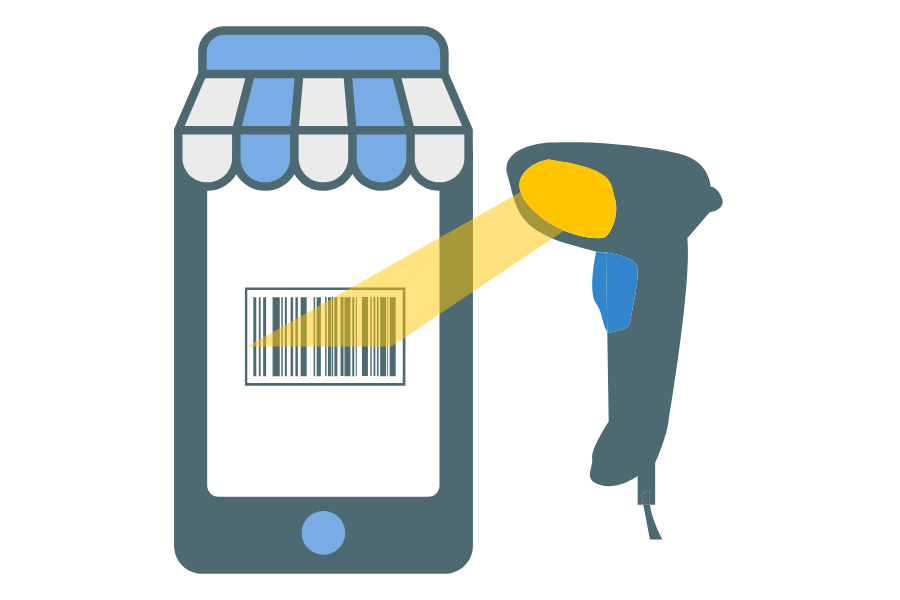How Tax Works in a UK Business Partnership
For many UK small businesses, forming a partnership offers flexibility and shared responsibility. However, understanding how tax works in a UK business partnership is essential for managing your finances effectively. While the partnership itself isn’t taxed, individual partners are responsible for paying tax on their share of profits.
Navigating these rules is a vital part of accounting services in the UK, ensuring your partnership stays compliant and your tax obligations are clear.
Understanding Tax Responsibilities in a UK Business Partnership
Registering with HMRC
Every partnership must be registered with HM Revenue & Customs (HMRC) to meet tax requirements. This ensures the partnership operates within the law and maintains proper tax records.
- One partner is nominated to act as the liaison with HMRC, responsible for filing the partnership tax return (SA800).
- This nominated partner also ensures all relevant business records are kept up to date for tax purposes.
Preparing Accounts and Allocating Profits
Accurate calculation of profits and losses is key as it determines each partner’s tax liability.
- Accounts are prepared reflecting the partnership’s income and expenses.
- Profits or losses are divided according to the profit-sharing ratio outlined in the partnership agreement.
- These allocations must be finalised by the end of the tax year and cannot be changed retrospectively.
Filing Tax Returns
Both the partnership and its partners have filing obligations:
- The partnership submits an SA800 tax return detailing financial performance and profit division.
- Each partner files a self assessment tax return (SA100) with a supplementary form (SA104) declaring their share of partnership income.
✅ Smart accounting meets tax expertise. Let AI handle your books while tax pros manage your filing. Learn about our all-in-one plans here.
Individual Tax Liability and National Insurance
Partners are treated as self-employed for tax purposes and must account for their share of profits:
- Income tax is payable on each partner’s share of profits.
- Class 4 National Insurance contributions are due on these profits.
- The partnership itself does not pay income tax or National Insurance.
Important Deadlines
Meeting deadlines is essential to avoid penalties:
- Partnership tax returns share deadlines with individual self assessment returns.
- Late submissions or payments can result in fines or interest from HMRC.
Managing Changes in Partnership and New Tax Year Rules
Continuous Partnership for Tax Purposes
For tax purposes, the partnership is treated as continuous even when partners join or leave:
- Profit shares should be adjusted to reflect the period each partner was part of the business.
Tax Year Basis Update for 2024/25
From the 2024/25 tax year, partners are taxed on profits earned within the tax year, not the accounting period:
- Profits must be apportioned if accounting periods differ from the tax year.
- Accurate record-keeping and accounting practices are necessary to comply with this change.
How Professional Accounting Services Can Help
The complexities of partnership taxation can be challenging. Professional accounting services tailored for UK small businesses provide essential support by:
- Ensuring Accurate Profit Allocation: Correctly calculating and documenting each partner’s share to avoid disputes and errors.
- Maintaining Compliance: Keeping records updated and filing returns on time to prevent penalties.
- Advising on Tax Changes: Explaining updates like the 2024/25 tax year basis change and adjusting accounting practices accordingly.
- Streamlining Record-Keeping: Implementing efficient bookkeeping systems for easier financial management.
- Supporting Partnership Transitions: Helping manage tax implications when partners change.
Expert advice allows partners to focus on business growth while remaining confident in their tax compliance.
Summary
To summarise for UK small business partnerships, knowing how tax works in a UK business partnership is vital for smooth financial management and compliance. While the partnership itself does not pay tax, individual partners must file self assessment returns and pay income tax and National Insurance on their share of profits. Proper HMRC registration, precise accounting, and timely tax filings are key. Recent tax year basis changes further highlight the need for staying informed and accurate record keeping. Professional accounting services can ease these responsibilities, helping partnerships manage their tax obligations efficiently and with confidence.
One Platform, Complete Financial Control
Stop coordinating between different providers. Counto’s combined accounting and tax plans give you a single solution at a predictable price. Our intelligent platform manages your books while tax experts handle your filing. Want to learn more about our all-in-one plans? Chat with us now, email [email protected] , or use our contact form.







